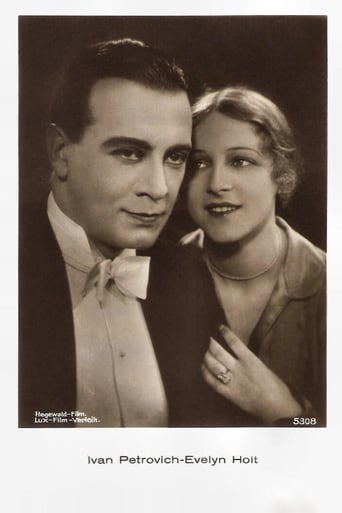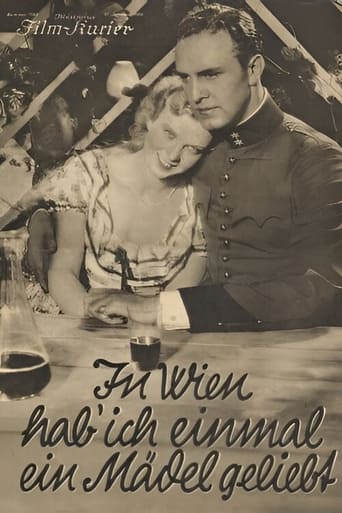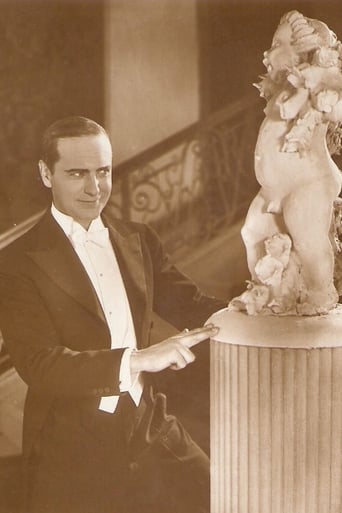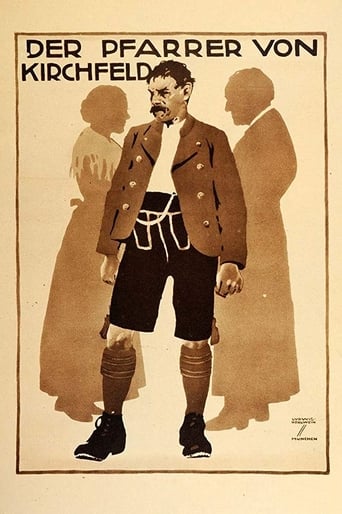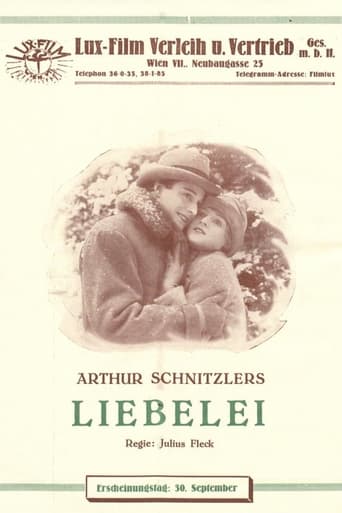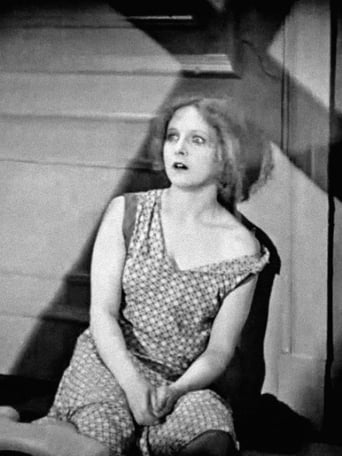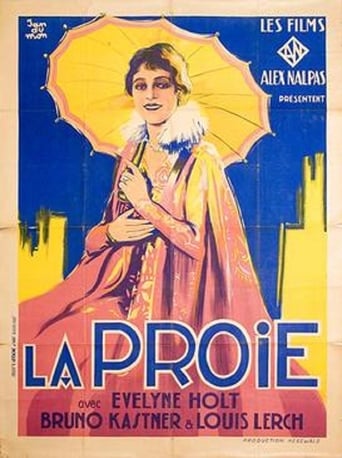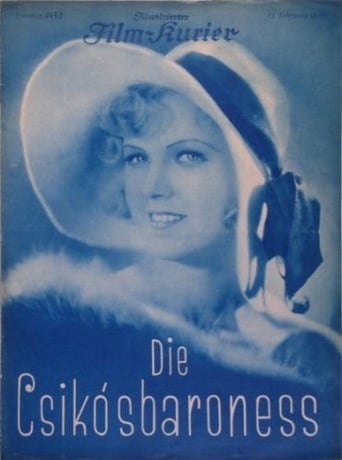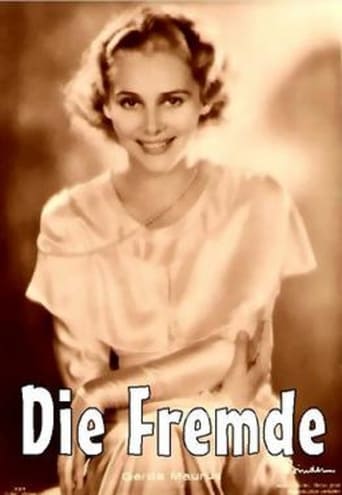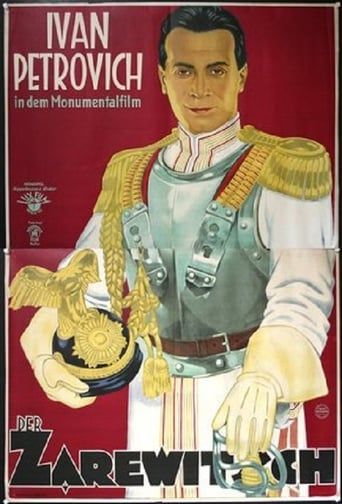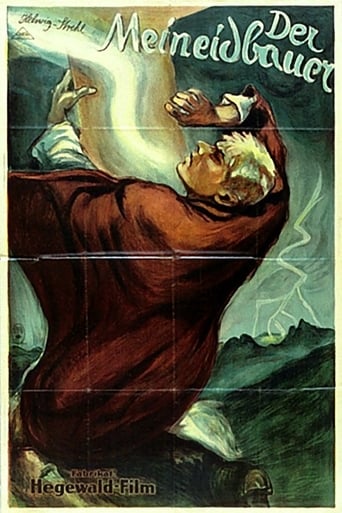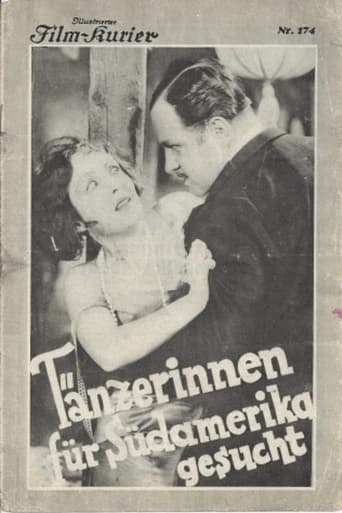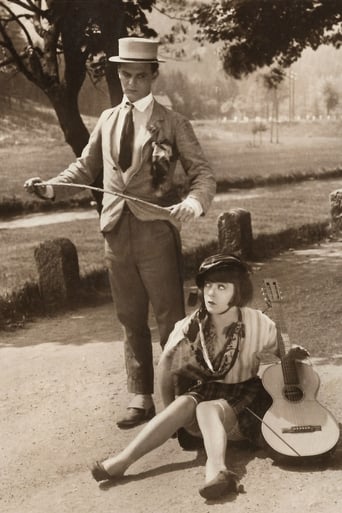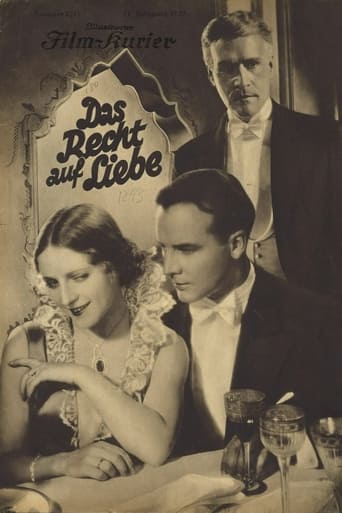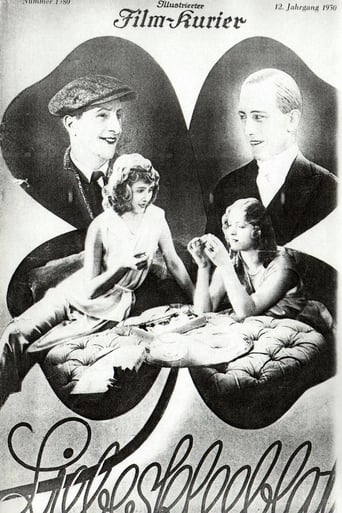Hegewald Film
Frauenarzt Dr. Schäfer 1928
The respected gynecologist Prof. Hausen is averse to performing abortions. In contrast, his up-and-coming colleague Dr. Schäfer sees abortion as a means of helping women in need and openly advocates an amendment of the law. The professor’s convictions are shaken when misfortune befalls his own family. Louise Fleck presents her drama about the untimeliness of restrictive abortion legislation against the backdrop of modern urban reality. Seriousness, however, is preserved, because topics such as unwanted pregnancy, sexual violence, and the consequences of improperly performed abortions are not only addressed through minor characters, but also placed at the center of the cinematic narrative. (Anna Dobringer)
Once I Loved a Girl in Vienna 1931
A musical about love that spans the period before and after the Great War in the Austro-Hungarian empire.
A Girl from the Reeperbahn 1930
Lighthouse keeper Uwe Bull lives with his wife Hanne and the silent assistant Jens in a secluded, small world. When the only survivor from a shipwreck, young Margot from Reeperbahn, is washed up on the island, Uwe's feelings arouses. But dark clouds appear in the sky.
The Prince's Child 1927
Based on the operetta of the same name.
Liebelei 1927
Film by Jacob and Luise Fleck.
Crucified Girl 1929
The young student Mary spends the beginning of her holiday with boat trips, visits to her wealthy groom, and gardening. In fast-paced, rhythmic cuts, Louise and Jakob Fleck draw their audience into a carefree, urban romantic comedy. With a single scene, however, it turns into a melodrama about sexual violence, shame and perpetrator-victim reversal.
Fair Game 1928
The Csikos Baroness 1930
The Stranger 1931
The Tsarevich 1929
Based on the play and subsequent operetta of the same name.
Einbruch im Bankhaus Reichenbach 1930
German crime film
Der Meineidbauer 1926
Girls for Sale 1931
About trafficking. A nightclub in Buenos Aires is advertising for blonde women for glamorous jobs.
The Happy Vagabonds 1928
The Right to Love 1930
With a script co-written by Weimar-era sexologist Magnus Hirschfeld, this enlightened drama deals with WWI soldiers who have become impotent due to wounds but still want to marry.

